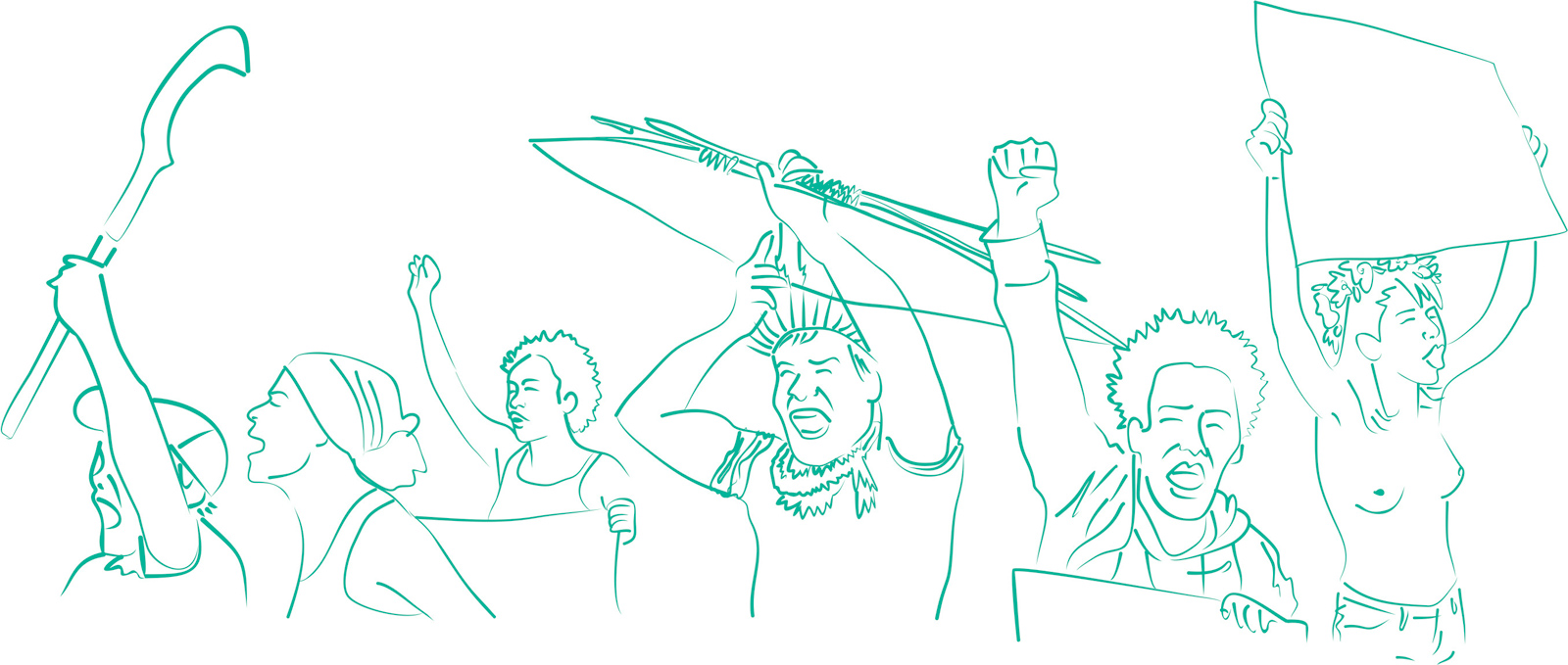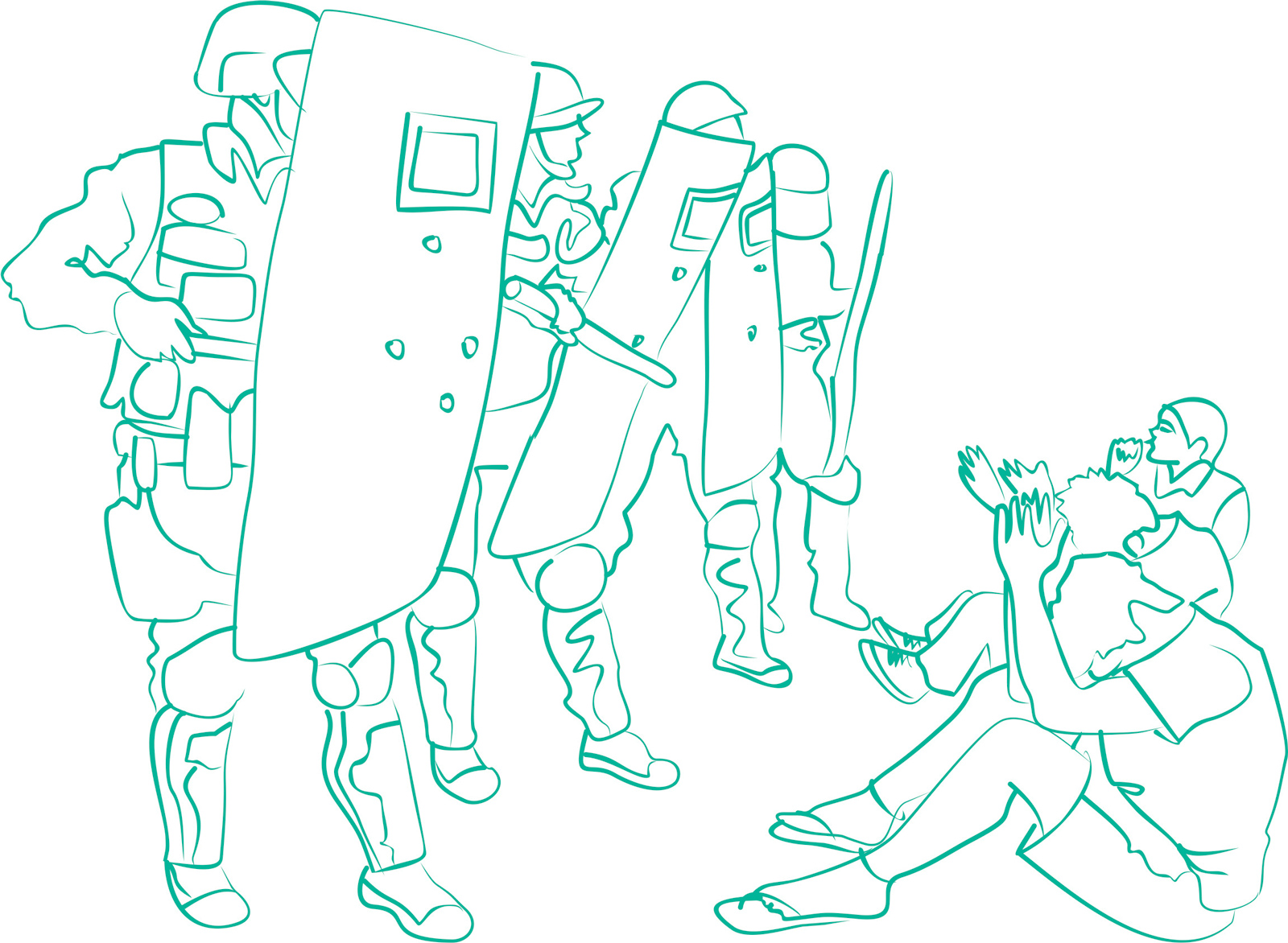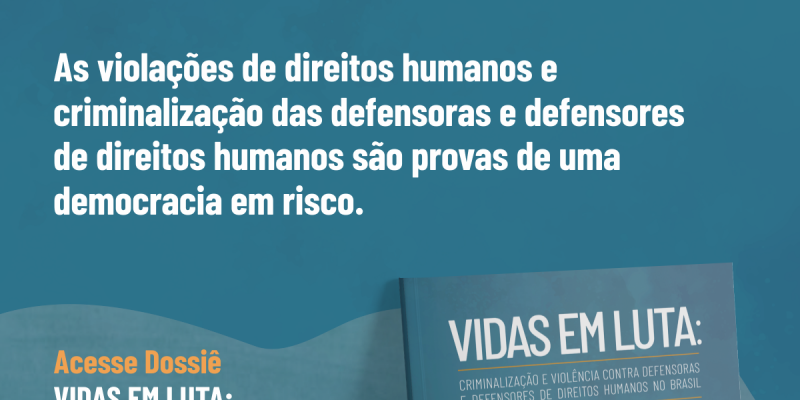In a general way, we can say that all individuals, individually or collectively, fight for human rights in their most varied forms: for life, for land and territory, for the rights of their people and culture – indigenous, quilombolas, riverine people and other traditional populations – for a life without violence, for freedom of expression and manifestation, for gender, sexual and reproductive freedoms, among many others. The definition of “human rights defenders” that serves as a paradigm for the concept adopted by the Brazilian Committee of Human Rights Defenders is based on the UN resolution that includes defenders such as “individuals acting alone, legal entity, group, organization or social movement that acts or has as purpose the promotion or defense of human rights”.

The accumulation of years working on the theme has led to the incorporation of two new elements in the definition that the Committee currently uses: the collectivity as a category to be considered and political resistance as a modality of action denoting DDHs. Accordingly, all individuals, groups, organizations, peoples and social movements that are engaged in the effective elimination of all violations of the fundamental rights and freedoms of peoples and individuals are considered as DDHs. Including those who seek the achievement of new individual, political, social, economic, cultural and environmental rights that have not yet assumed a specific legal form or conceptual definition. Those that are politically resistant to the models of capital organization, to the strategies of delegitimation and criminalization of the state, and to the lack of social recognition of their demands are also contemplated.


